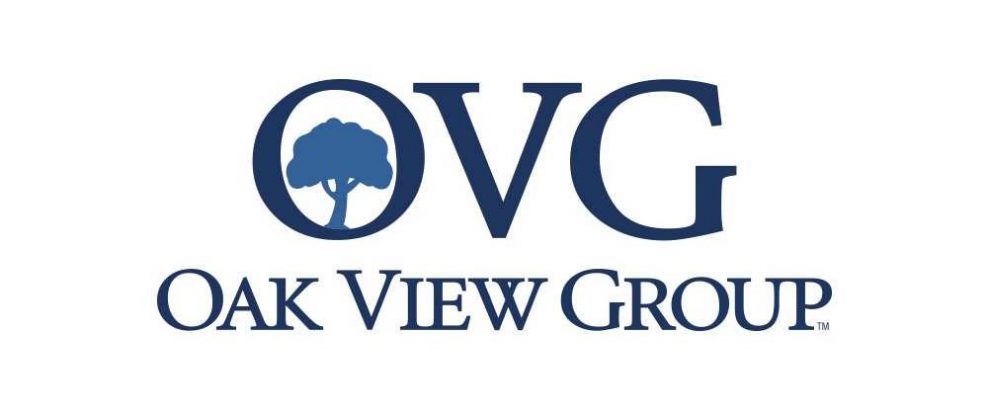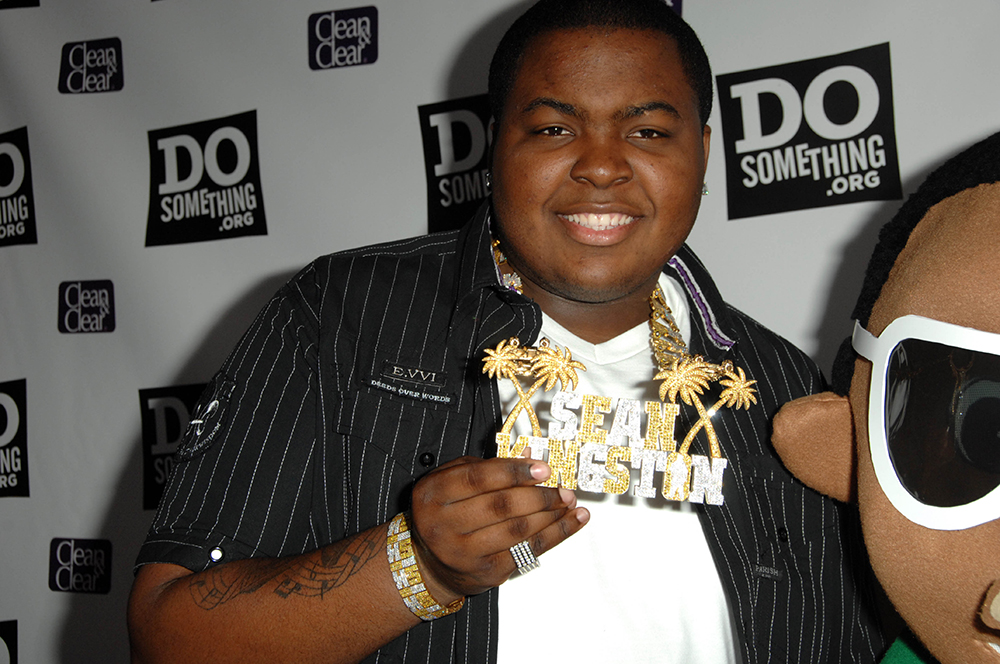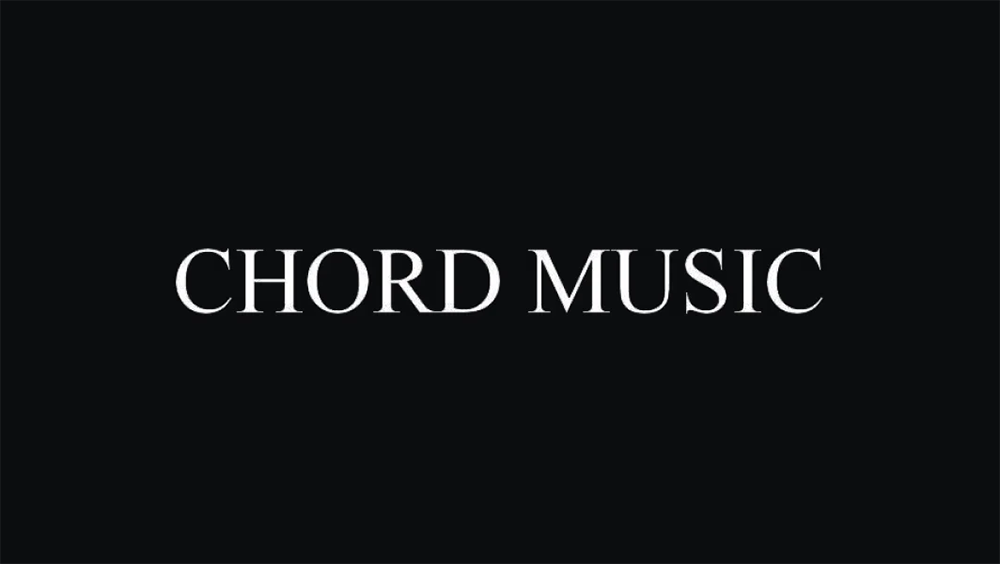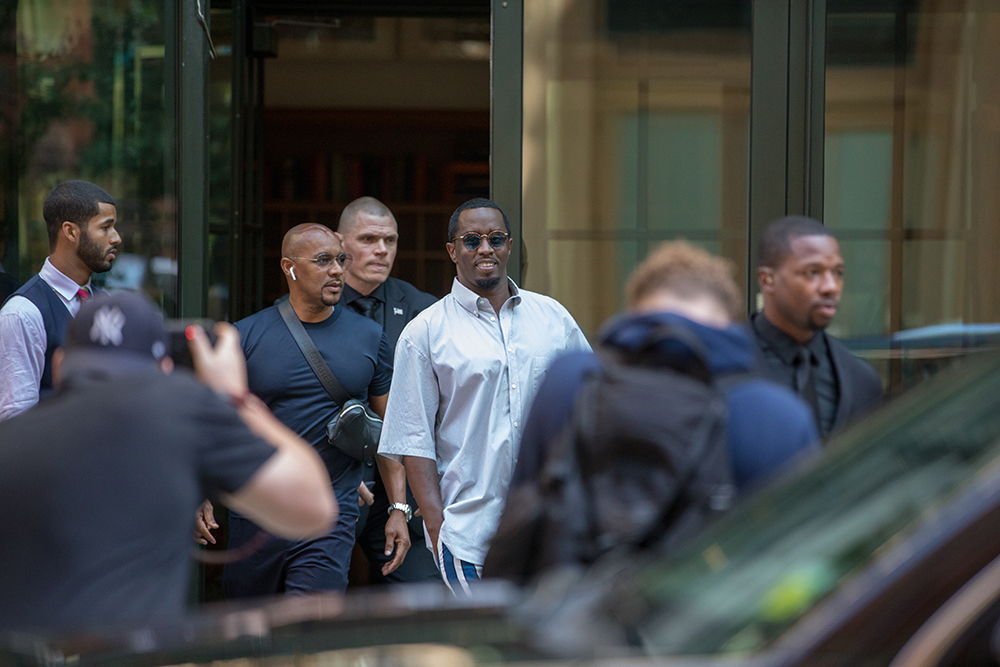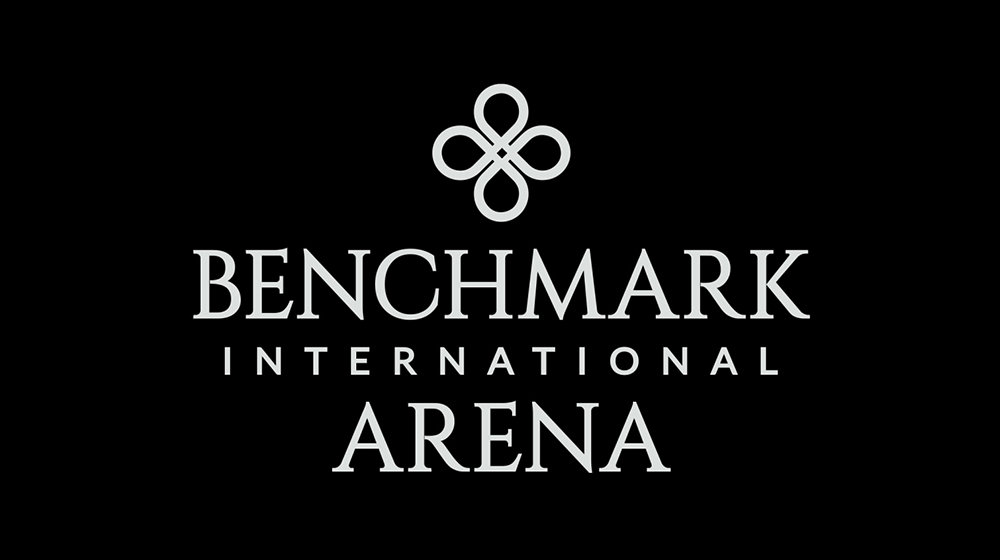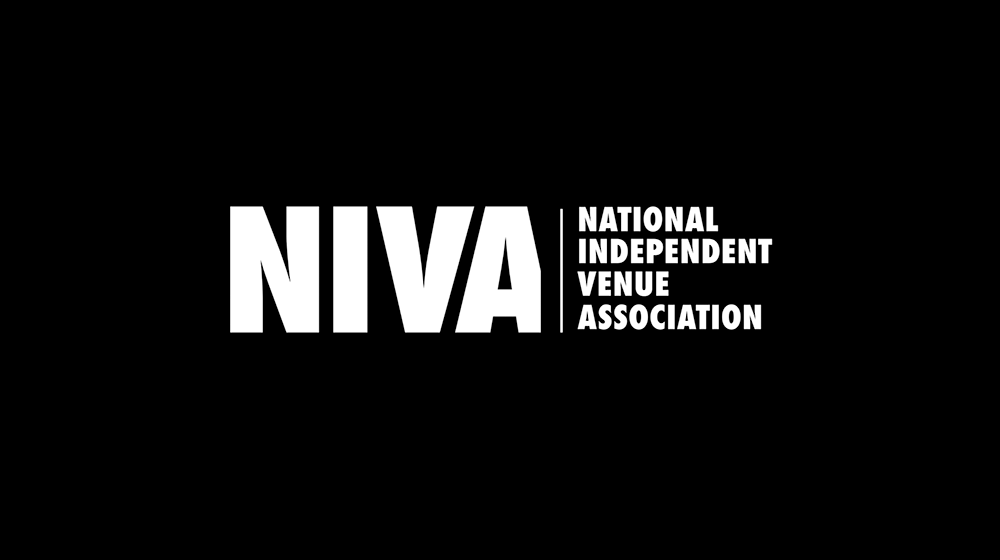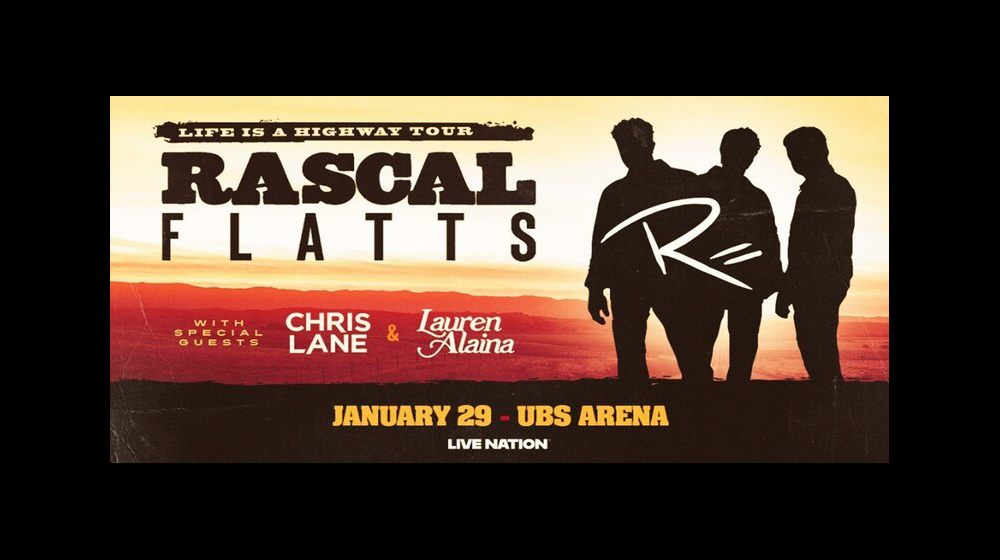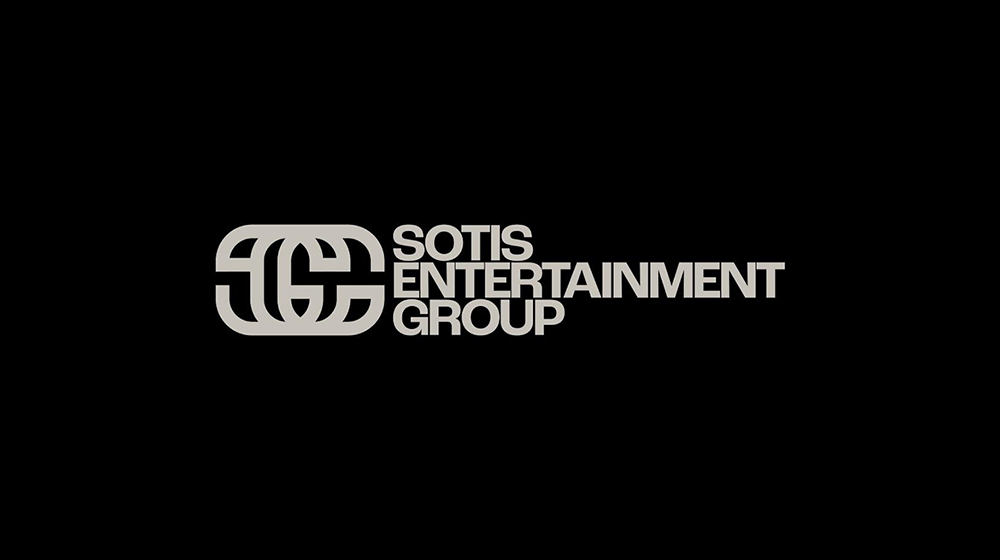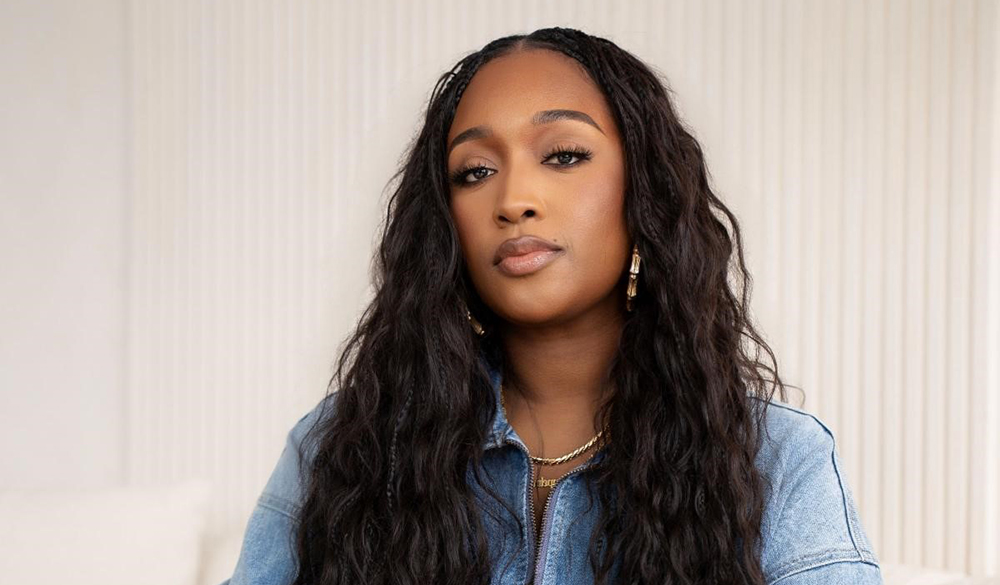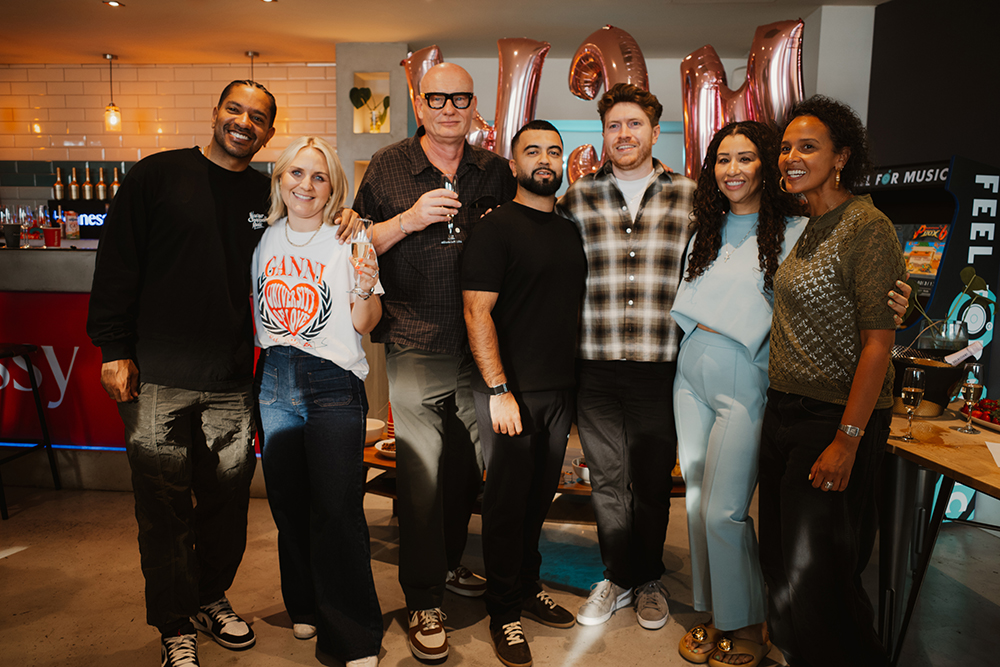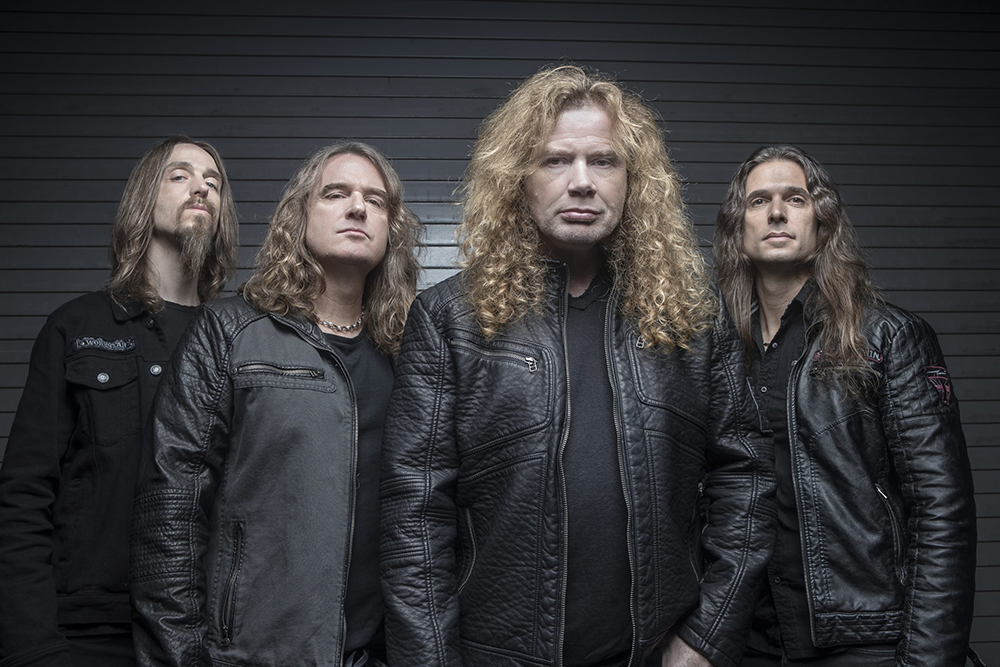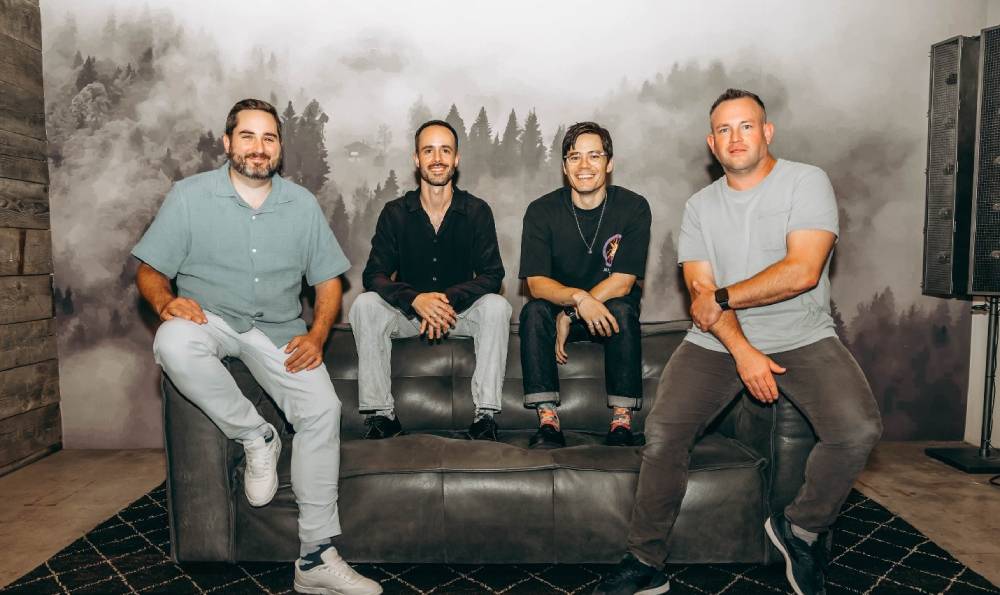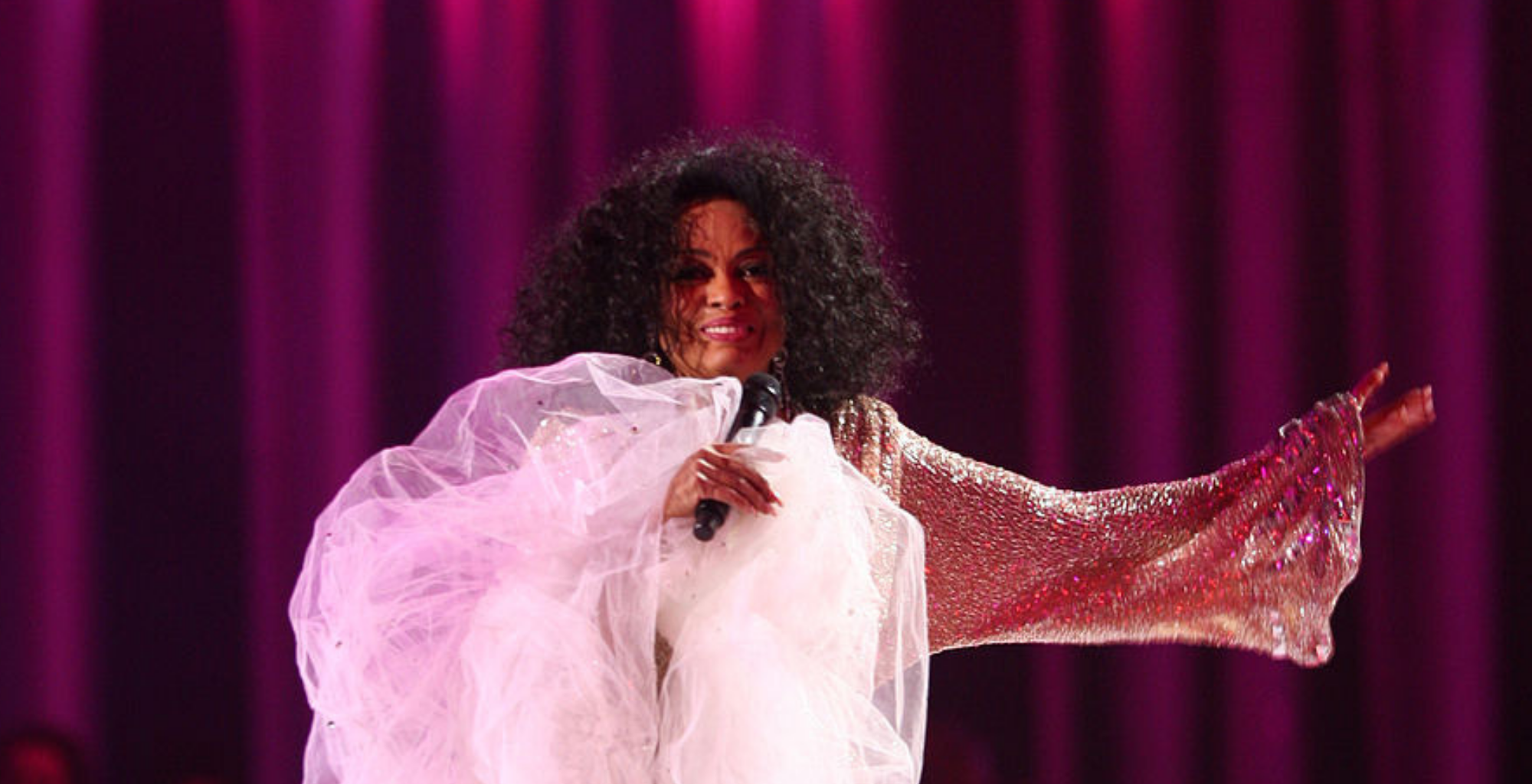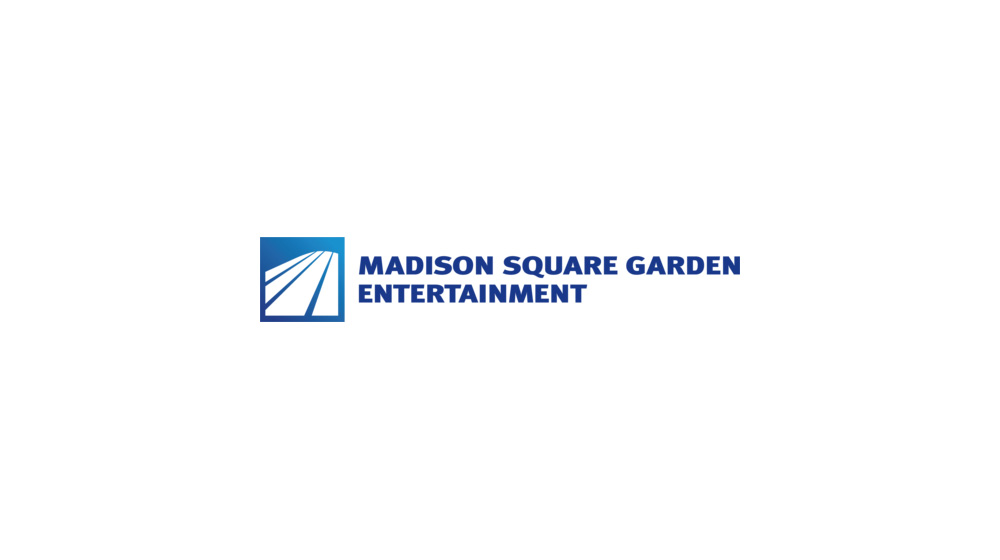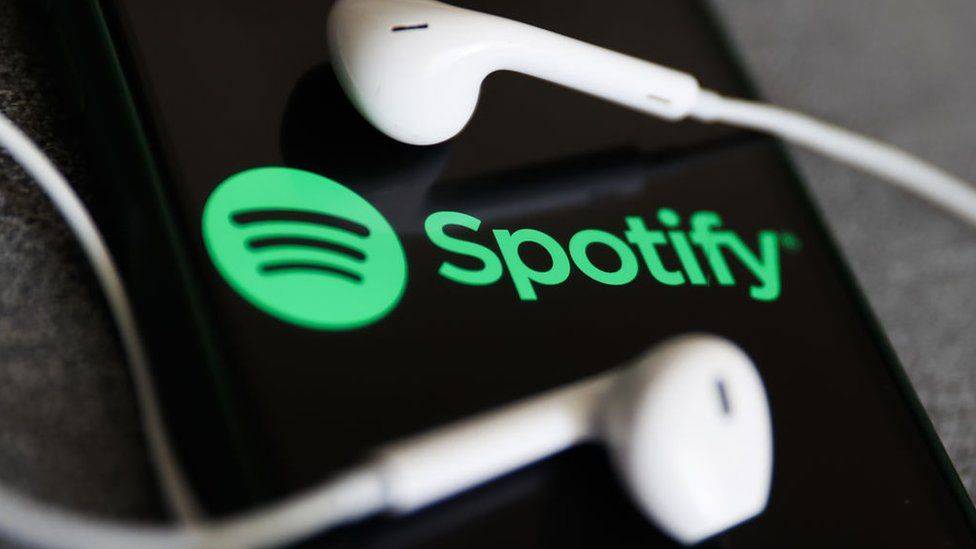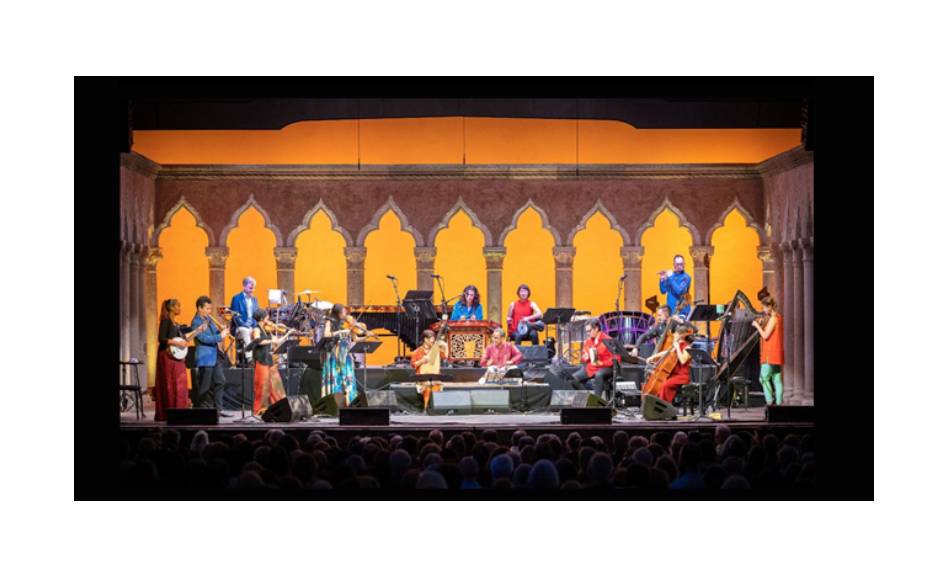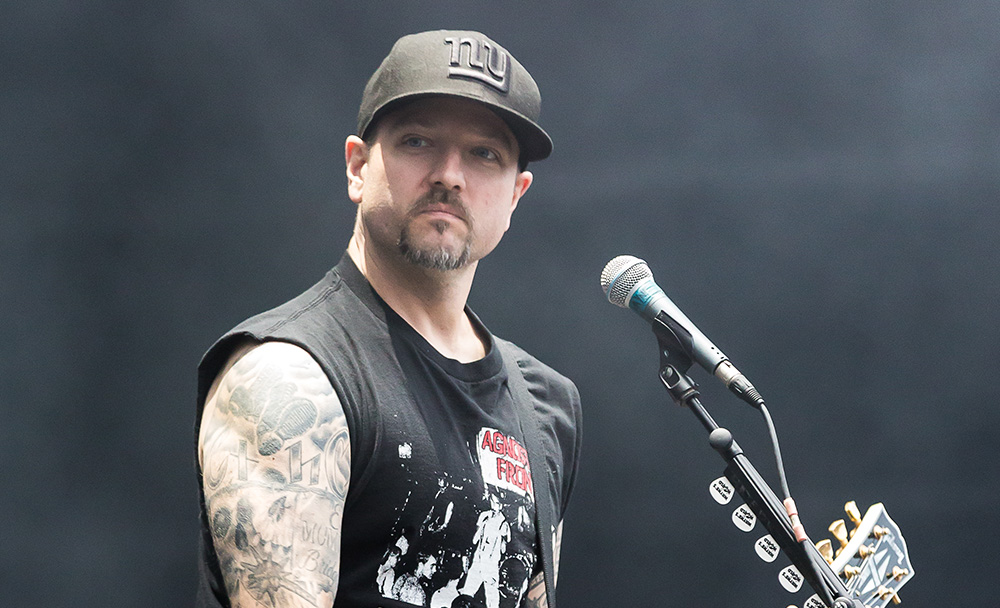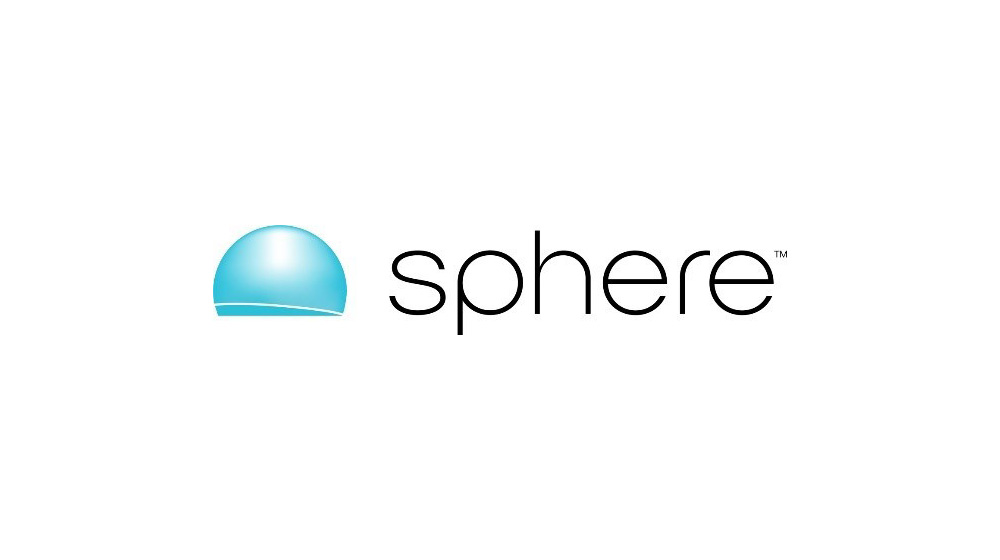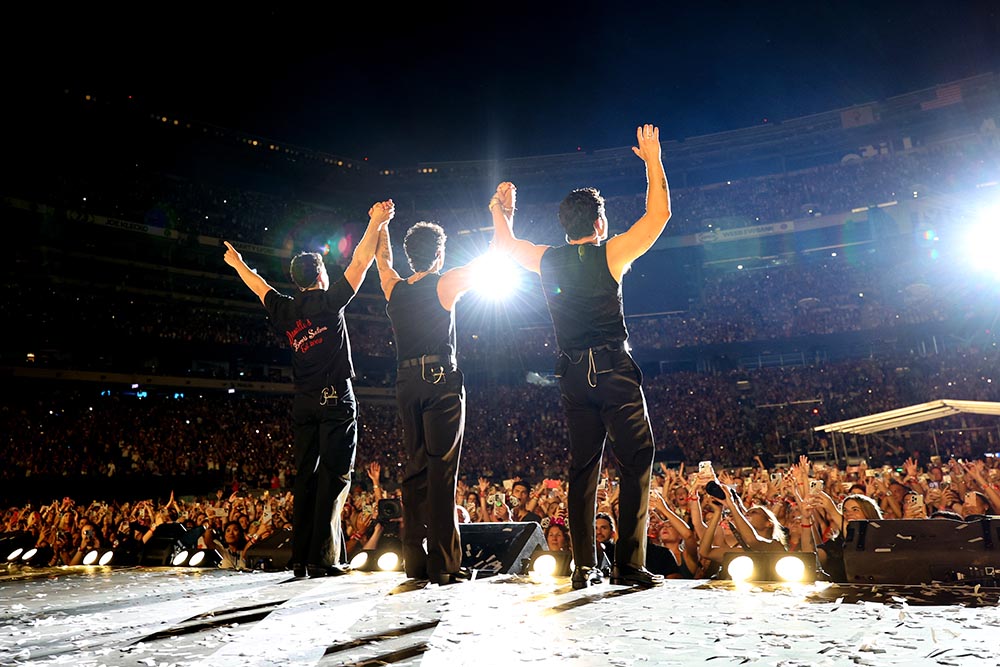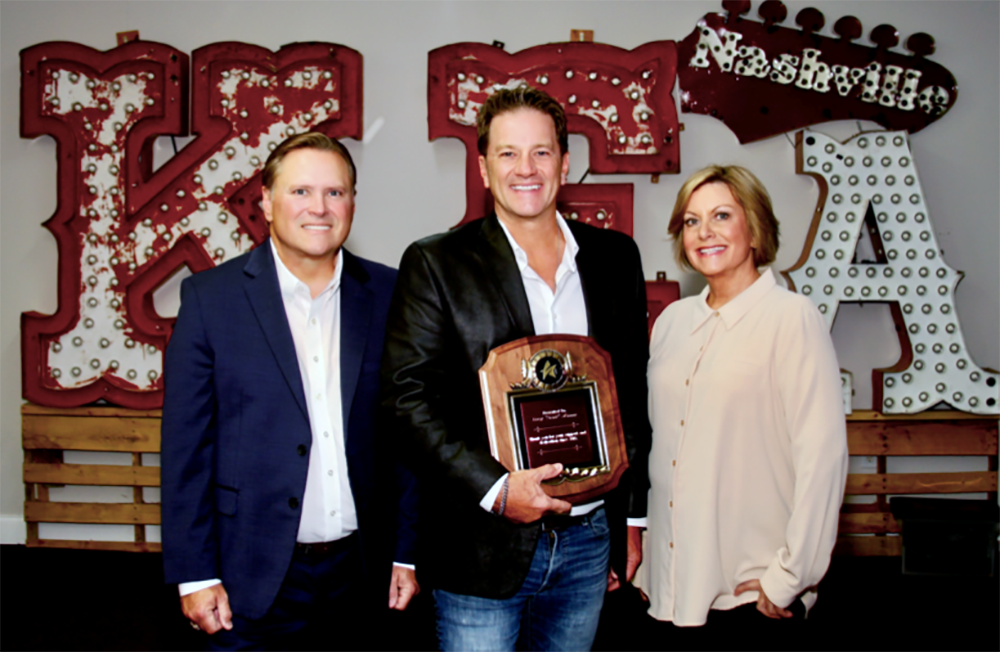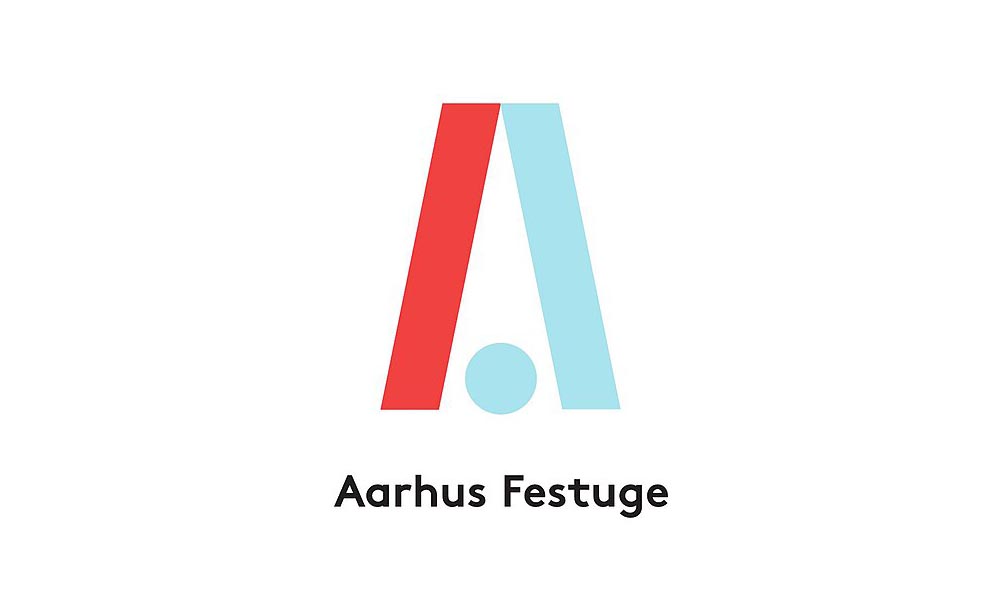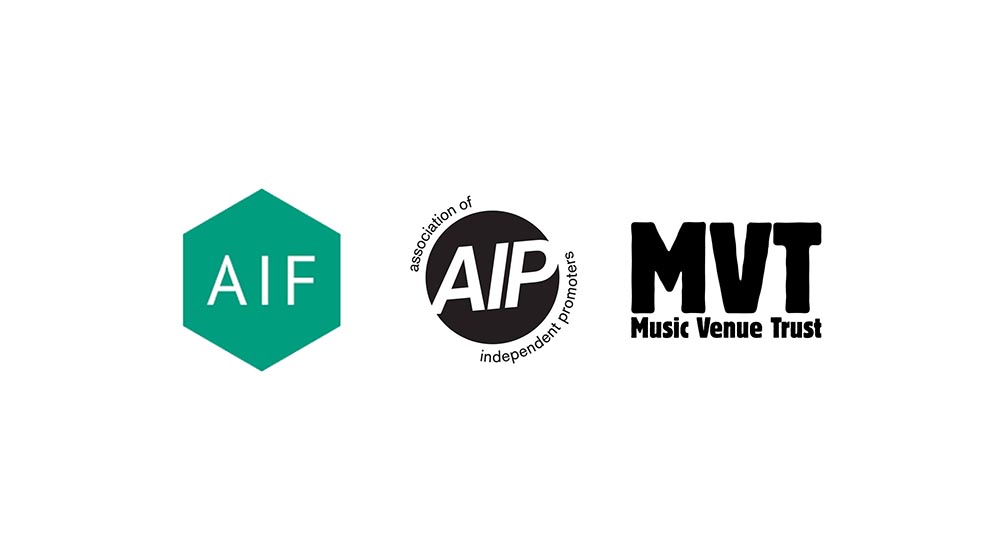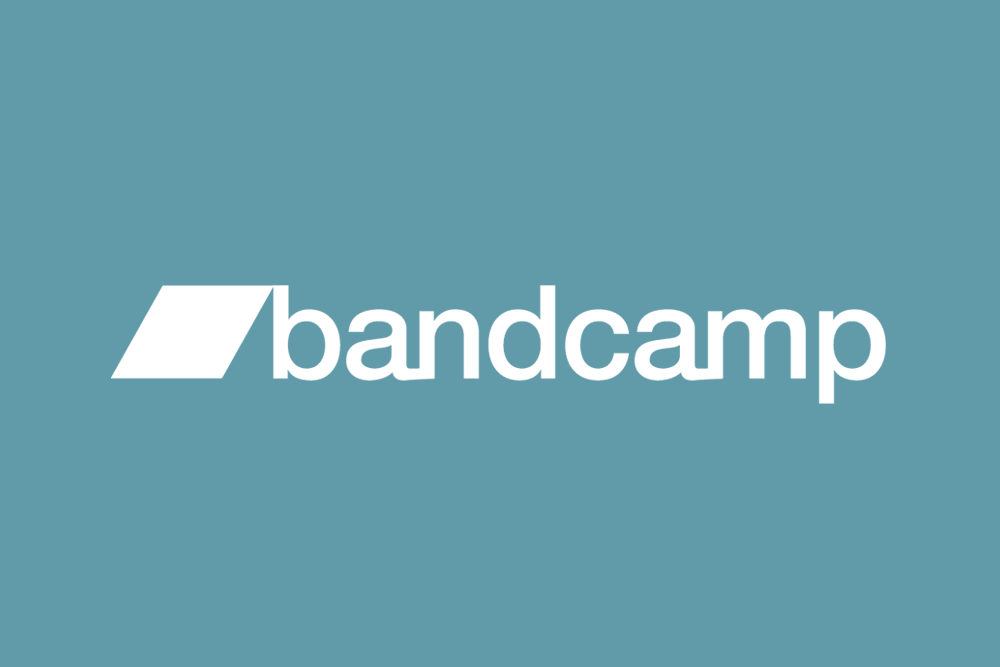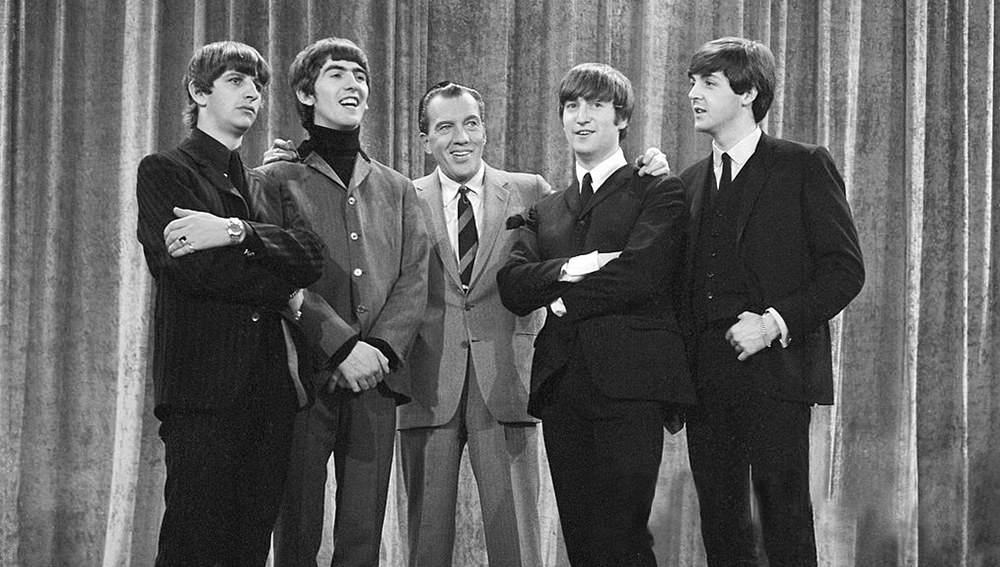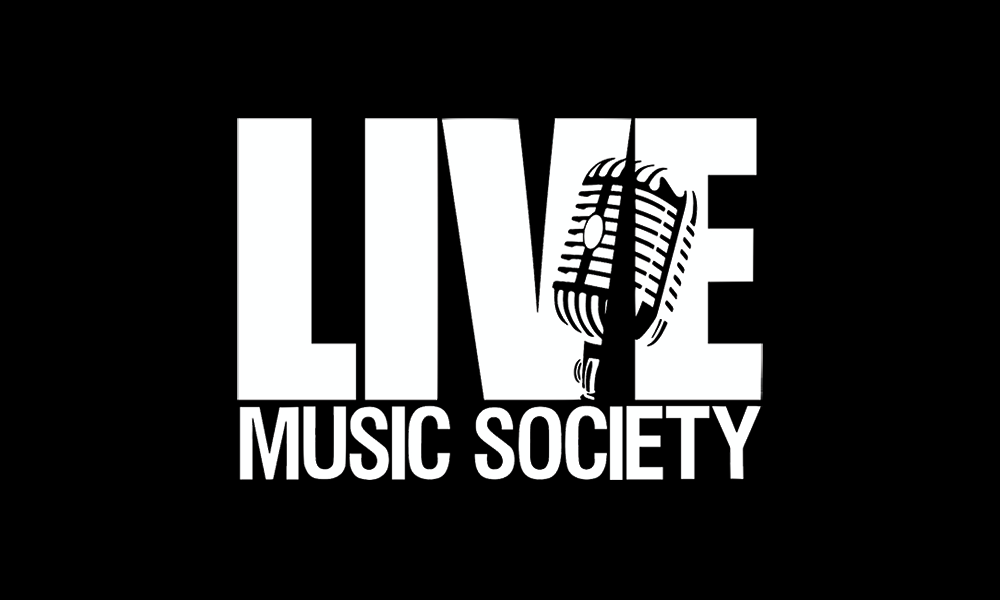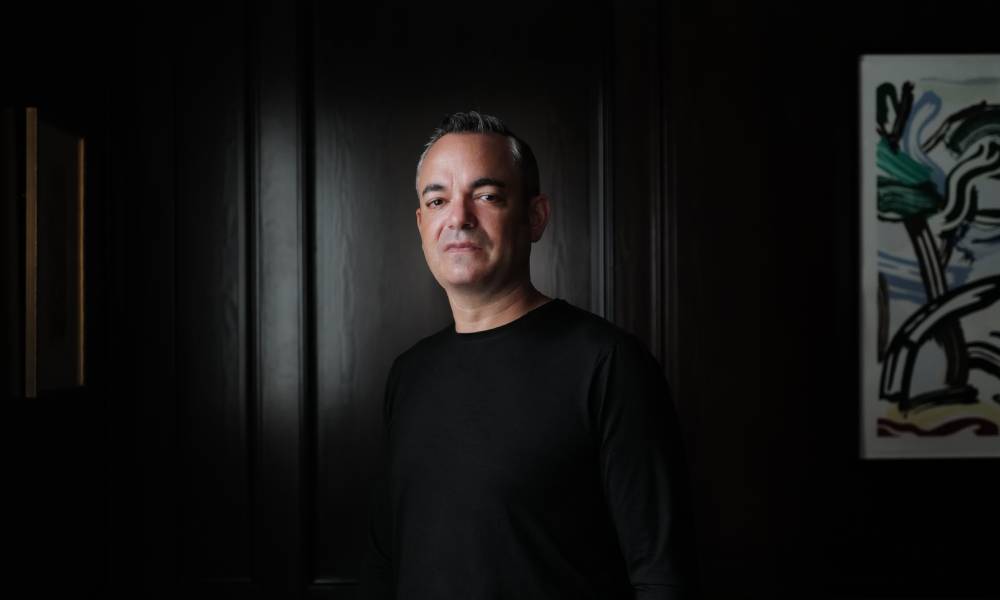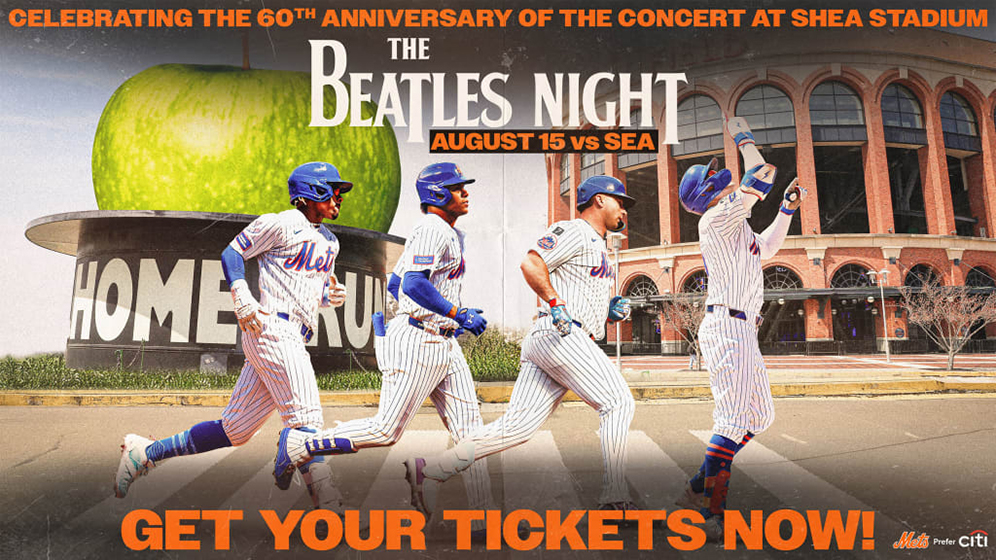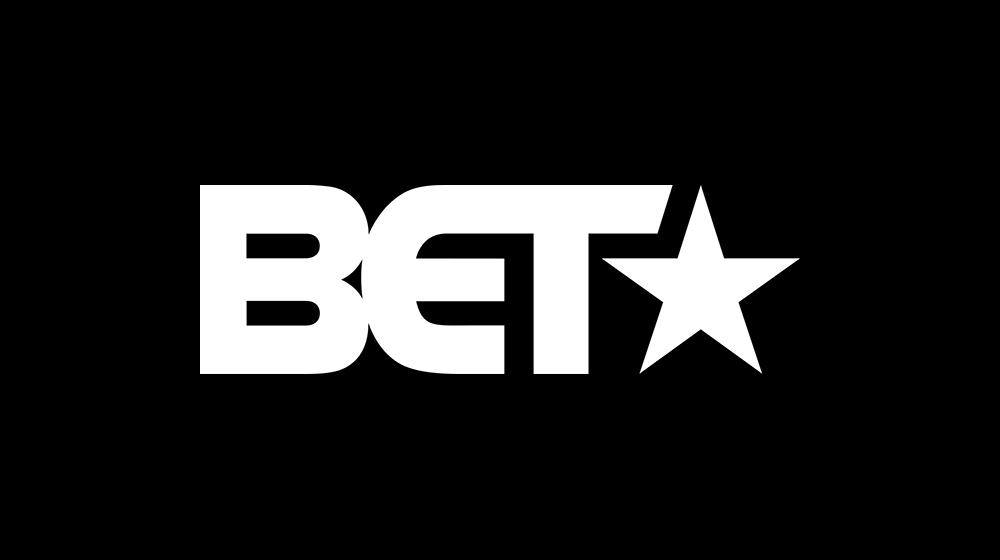LOS ANGELES (CelebrityAccess) — The federal antitrust lawsuit against Live Nation underscores the company’s close relationship with Oak View Group (OVG), the venue management and advisory company launched by former Live Nation chairman Irving Azoff and Tim Leiweke, the former President and CEO of Anschutz Entertainment Group, Live Nation’s primary U.S. rival.
When Oak View Group launched in 2015, it seemed poised to become a major competitor to Live Nation by booking top artists for its managed arenas and other major concert venues across the U.S., challenging Live Nation’s dominance in major tours. The launch of OVG led Live Nation to describe the company as one of its “Biggest Competitor Threats” shortly after OVG’s inception, according to the federal lawsuit.
However, that potential rivalry did not materialize, and according to the Department of Justice (DOJ), this was not a coincidence.
The DOJ alleges that emails between senior executives of both companies reveal a close and coordinated relationship. OVG executives described the company as a “pimp” and “hammer” for Live Nation, helping to bring venues into the Live Nation/Ticketmaster fold.
“I always protect you on rebates, promoter position, ticketing,” Tim Leiweke told Live Nation CEO Michael Rapino in one communication cited by the DOJ lawsuit.
Additionally, the federal lawsuit alleges that Oak View Group effectively ceded the concert promotion business to Live Nation, while the promoter giant backed away from the arena space to avoid encroaching on OVG’s business.
“It has been our policy to stay on the sidelines when it comes to buying and specifically promoting tour dates as we are cognizant not to compete with our partner Live Nation in this side of the business,” an Oak View Group Senior Vice President told a colleague via email, according to the government’s lawsuit.
The DOJ cites a 2016 incident in which the two companies worked to avoid competition in negotiations with artist representatives over a potential tour.
“What’s up? We have done his [touring] and Vegas[.] Let’s make sure we don’t let [the artist agency] start playing us off,” Rapino purportedly told Oak View Group, with OVG’s Tim Leiweke responding, “Our guys got a bit ahead. All know we don’t promote and we only do tours with Live Nation.”
Another incident cited by the DOJ in 2022 followed a similar theme.
“Who would be so stupid to do this and play into [the artist agent’s] arms?” Rapino reportedly wrote in an email to colleagues at Oak View Group. OVG CEO Tim Leiweke, responded, stating, “We have never promoted without you. Won’t,” and later added, “More than happy to do these deals through LN as I have always been aligned,” and “I never want to be competitors,” in subsequent emails, according to the DOJ.
The DOJ’s suit also claims that Oak View Group helps steer venues to Live Nation’s Ticketmaster platform. According to the suit, OVG projected that it would transition at least 22 venues to Ticketmaster over the next four years.
Oak View Group has not been accused of wrongdoing and is not a party to the lawsuit.
In response to the federal antitrust lawsuit, Live Nation’s Dan Wall, Executive Vice President of Corporate and Regulatory Affairs, addressed the company’s relationship with Oak View Group in a lengthy statement released on Thursday.
“The complaint makes two principal claims concerning Live Nation’s relationship with the Oak View Group (OVG), a venue management company. The first is disingenuous, as it is premised on the idea that OVG was a serious potential rival to Live Nation in concert promotion. OVG owns and manages venues. It has never been a concert promoter, nor aspired to be one—which is precisely the point made in the email DOJ quotes. DOJ’s claim is based on two incidents in which Live Nation and OVG were discussing what to do when an OVG venue wanted to book an occasional show itself on a dark night. To portray that as an agreement not to compete in concert promotion is farcical—particularly when the complaint defines the relevant promotions market as a market for regional or national tours and explicitly disavows the suggestion that ‘self-supply’ of shows from venue owners is part of that market.
Regardless, OVG’s behavior as a venue operator is fully consistent with every major arena and stadium in the country—they need to have an in-house booker who helps fill otherwise dark nights, but they have no interest in systematically taking on the risk of guarantees that could be in the millions of dollars for a show or tens of millions of dollars for a tour.
DOJ also claims it was anticompetitive for Ticketmaster to compete for and win a ticketing contract OVG offered. The theory is that the contract gave Ticketmaster an unfair advantage in securing the business of independent venues that were managed by OVG because it creates financial incentives for OVG to ‘advocate for’ Ticketmaster. But there is nothing remotely anticompetitive about that. Commercial arrangements that involve incentive or marketing payments are common throughout this industry (and many others). Venue management companies like OVG and ASM are in a position to advocate for a variety of service providers, including but not limited to ticketing companies. So there is competition for the business opportunities at both the venues they own, which they control, and the venues they manage, which they don’t control but can potentially influence. Ticketmaster competed and won the contract on the merits because OVG determined it was the best ticketing system available.”

